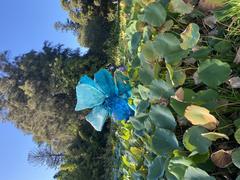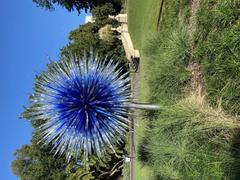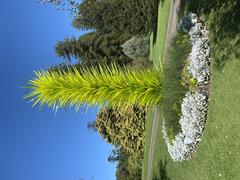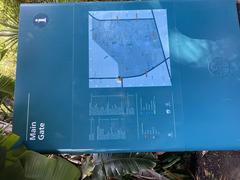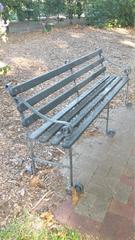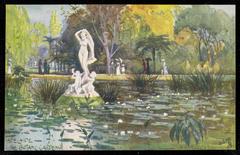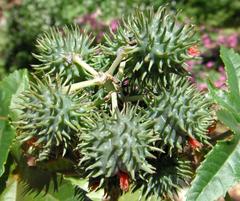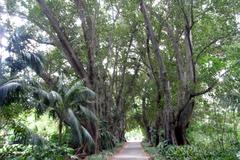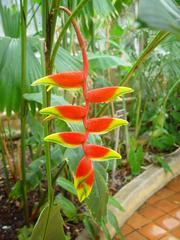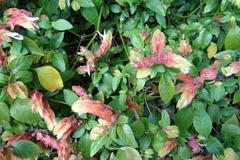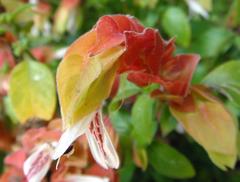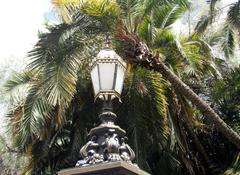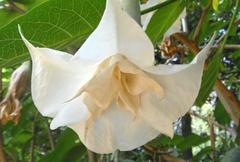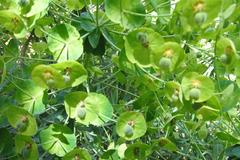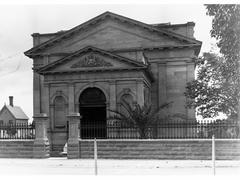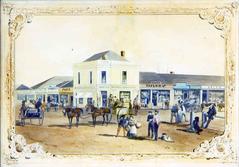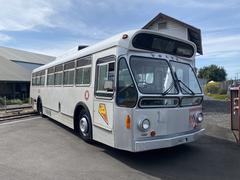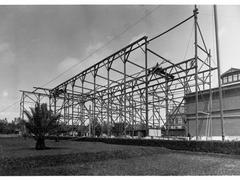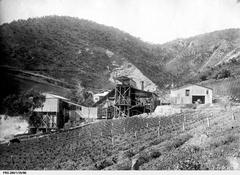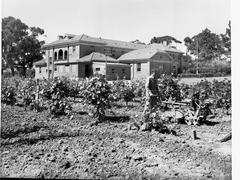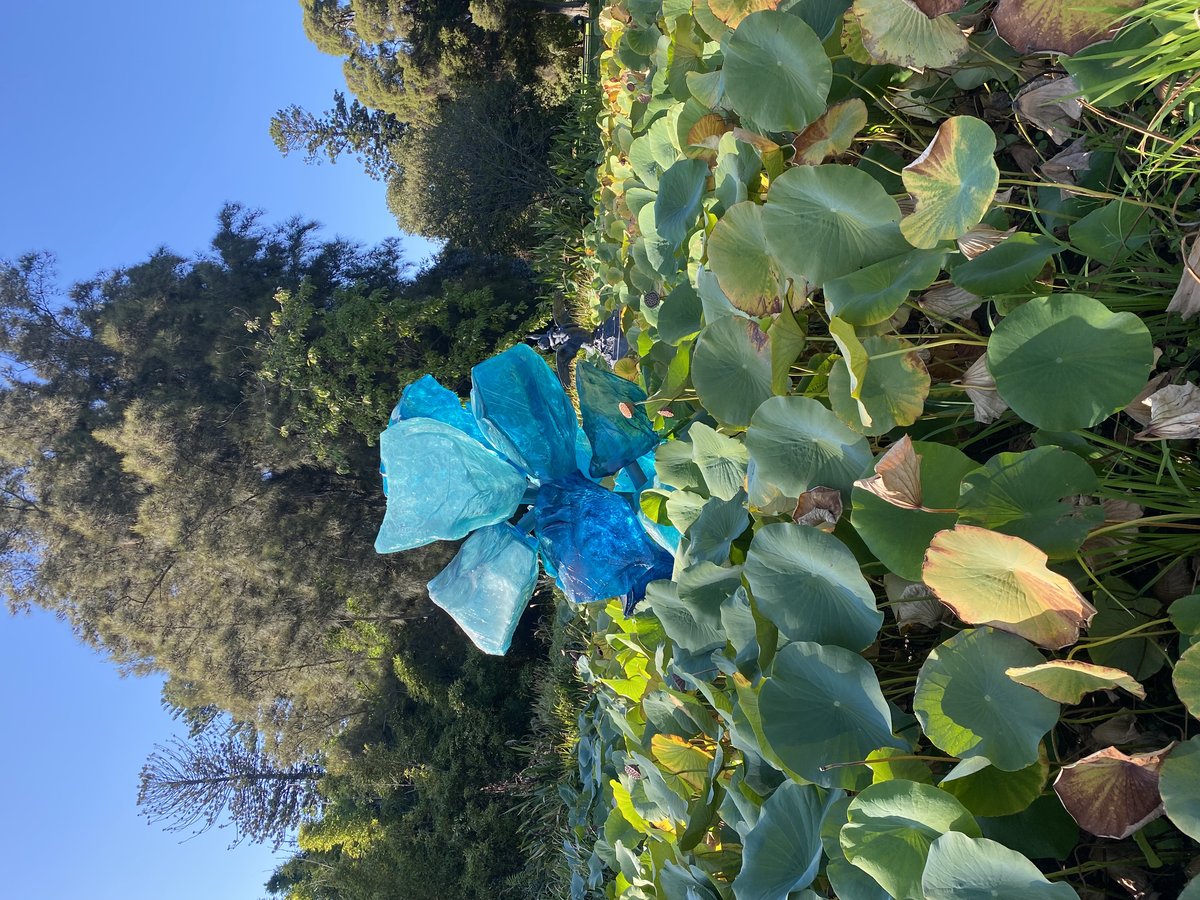
Adelaide Botanic Garden: Visiting Hours, Tickets, and Historical Insights
Date: 23/07/2024
Introduction
The Adelaide Botanic Garden, located in the heart of Adelaide, South Australia, is a mesmerizing blend of historical significance, natural beauty, and scientific research. Established in 1857, this verdant sanctuary has been a focal point for botanists, historians, and tourists alike. The garden’s inception was inspired by George Francis, its first Director, who envisioned a space that would marry aesthetic appeal with scientific inquiry, much like the renowned Royal Botanic Gardens in Kew, England. (Adelaide Botanic Garden History)
Over the years, the Adelaide Botanic Garden has expanded both in size and scope. Notable developments include the Palm House, a Victorian glasshouse imported from Germany in 1875, the Bicentennial Conservatory, the largest single-span conservatory in the Southern Hemisphere, and the establishment of the State Herbarium of South Australia, which houses over one million plant specimens. (Palm House, Bicentennial Conservatory, State Herbarium)
Visitors are drawn to the garden not just for its botanical wonders but also for its role as a cultural hub. The garden hosts a variety of educational programs, workshops, and community events, making it a vibrant part of Adelaide’s social fabric. This comprehensive guide aims to provide you with all the necessary information for a memorable visit, including the history, key attractions, visiting hours, and tips for making the most of your time at the Adelaide Botanic Garden.
Table of Contents
- Introduction
- History of Adelaide Botanic Garden
- Visitor Information
- Key Attractions and Notable Features
- Nearby Attractions
- Community Engagement and Education
- FAQs
- Future Directions
- Conclusion and Call to Action
Discover the Adelaide Botanic Garden - History, Visiting Hours, and Key Attractions
History of Adelaide Botanic Garden
Establishment and Early Years
Officially opened to the public on October 4, 1857, the Adelaide Botanic Garden was the brainchild of George Francis, its first Director. Inspired by the Royal Botanic Gardens in Kew, England, Francis envisioned a garden that blended aesthetic beauty with scientific research, reflecting the Victorian era’s fascination with botany and horticulture. (Adelaide Botanic Garden History)
Development and Expansion
Throughout the late 19th and early 20th centuries, the garden saw significant development. One landmark addition was the Palm House in 1875, a Victorian glasshouse imported from Germany, designed to house tropical plants from Madagascar. (Palm House)
Scientific Contributions
The garden has made substantial contributions to botanical research. The State Herbarium of South Australia, established in 1881, now houses over one million plant specimens, serving as a critical resource for scientists. (State Herbarium)
Cultural Significance
Not just a scientific hub, the garden has been a cultural landmark. The Bicentennial Conservatory, opened in 1989, is the largest single-span conservatory in the Southern Hemisphere and houses a diverse collection of tropical plants. (Bicentennial Conservatory)
Visitor Information
Visiting Hours and Tickets
The Adelaide Botanic Garden is open daily from 7:15 AM to 5:30 PM (extended to 6:30 PM during daylight saving time). Admission is free, but some special exhibitions and guided tours may have a fee. For more detailed information, check the official website. (Visiting Hours and Tickets)
Travel Tips and Accessibility
The garden is easily accessible by public transport, and there are several parking options nearby. It is also wheelchair accessible, ensuring that all visitors can enjoy its beauty. Don’t forget to bring a hat, sunscreen, and water, especially during the summer months.
Key Attractions and Notable Features
Santos Museum of Economic Botany
Established in 1881, this museum is one of the oldest of its kind, showcasing the economic and cultural significance of plants through various exhibits. (Santos Museum of Economic Botany)
Notable Plant Collections
The garden is home to an impressive collection of Australian native plants, including the rare Wollemi Pine. Other highlights include the Rose Garden, the Mediterranean Garden, and the Sunken Garden.
First Creek Wetland
Opened in 2013, this wetland serves as a natural filtration system for stormwater and provides a habitat for native wildlife, promoting sustainability and conservation. (First Creek Wetland)
Nearby Attractions
While visiting the Adelaide Botanic Garden, you might also want to explore nearby attractions like the Art Gallery of South Australia, the South Australian Museum, and the Adelaide Zoo, all within walking distance.
Community Engagement and Education
The garden offers a range of programs for visitors of all ages, including guided tours, workshops, and school programs. The Friends of the Botanic Gardens of Adelaide, a volunteer organization, plays a crucial role in supporting these activities. (Friends of the Botanic Gardens)
FAQs
Q: What are the Adelaide Botanic Garden visiting hours?
A: The garden is open daily from 7:15 AM to 5:30 PM (6:30 PM during daylight saving time).
Q: Are there any Adelaide Botanic Garden tickets needed?
A: Admission is free, but some special exhibitions and guided tours may have a fee.
Q: What are some must-see attractions in the garden?
A: Don’t miss the Palm House, Santos Museum of Economic Botany, Bicentennial Conservatory, and the First Creek Wetland.
Future Directions
The Adelaide Botanic Garden plans to expand plant collections, enhance visitor facilities, and implement new sustainability initiatives. Their commitment to preserving historical heritage while embracing modern advancements ensures it remains a cherished resource for generations. (Future Plans)
Conclusion and Call to Action
In summary, the Adelaide Botanic Garden is a must-visit destination with a rich history, significant scientific contributions, and a variety of attractions. Plan your visit today and explore this beautiful garden. For more updates, download the mobile app Audiala, check out related posts, or follow us on social media.
